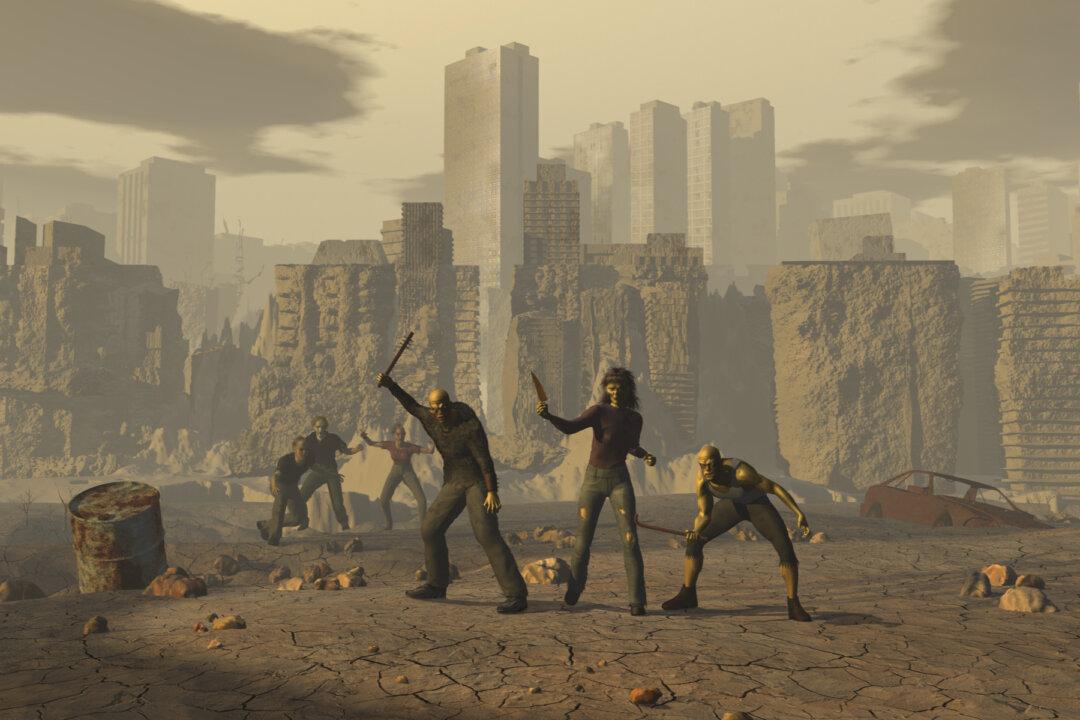Commentary
Political leaders in the United States, Canada, Germany, and France—all NATO countries—got back on script yesterday. They couldn’t wait to get to the microphones. They all seemed to have new energy and purpose in life. Politicians are made for this moment! They are vastly more talented at dishing out righteous opprobrium directed at foreign beasts, which make far more compelling enemies, than inveighing against invisible viruses.





